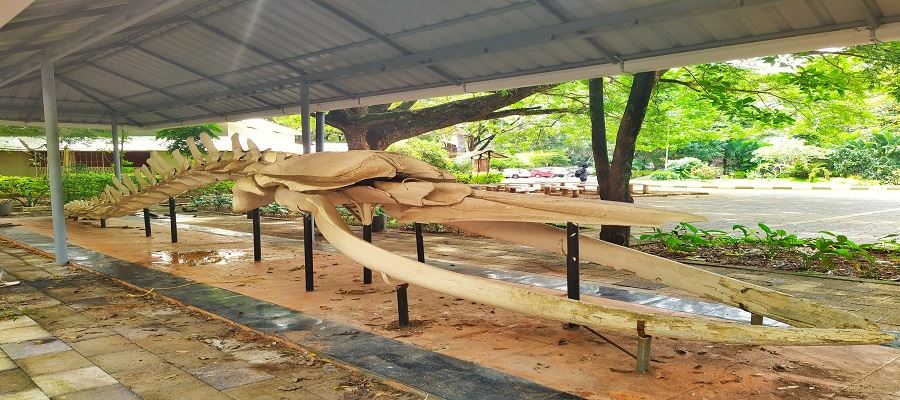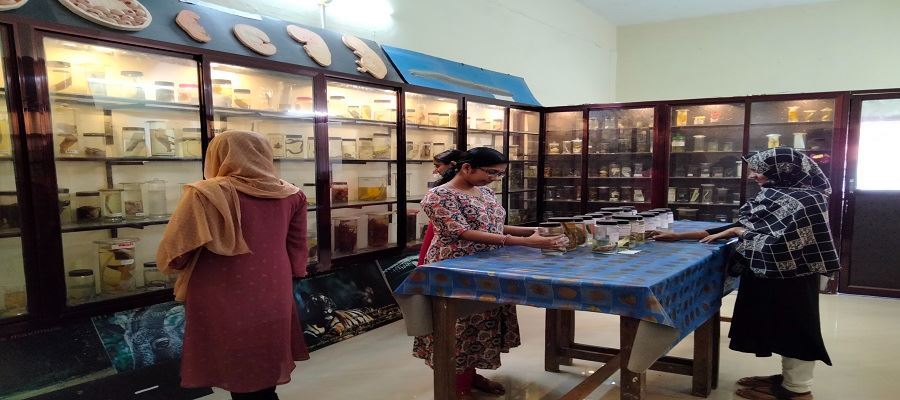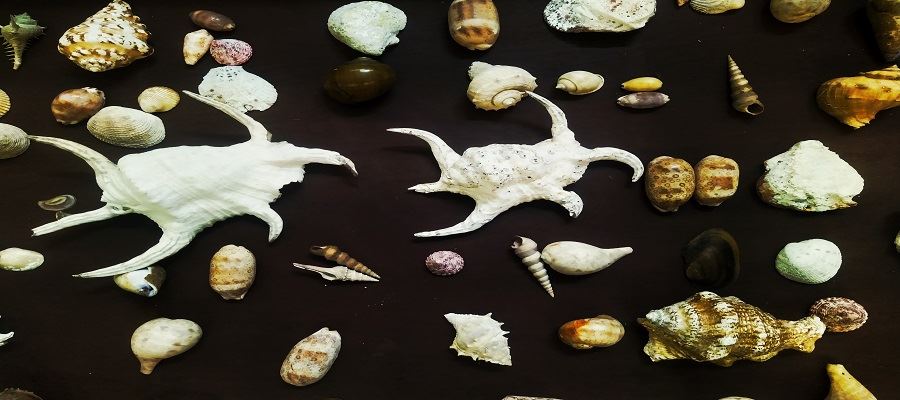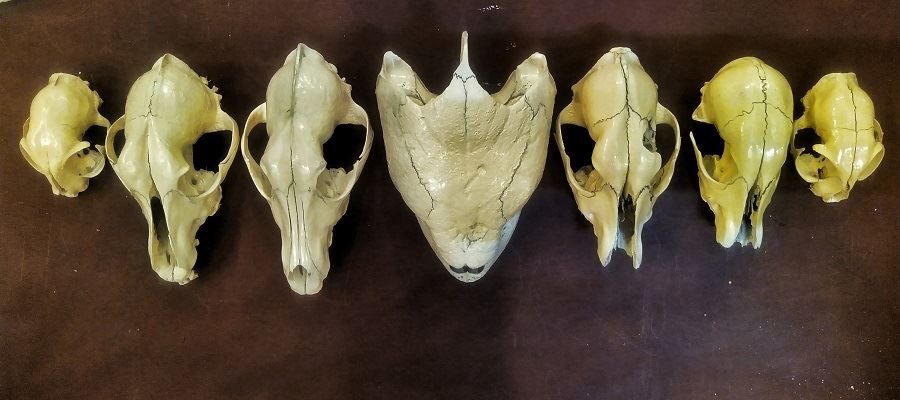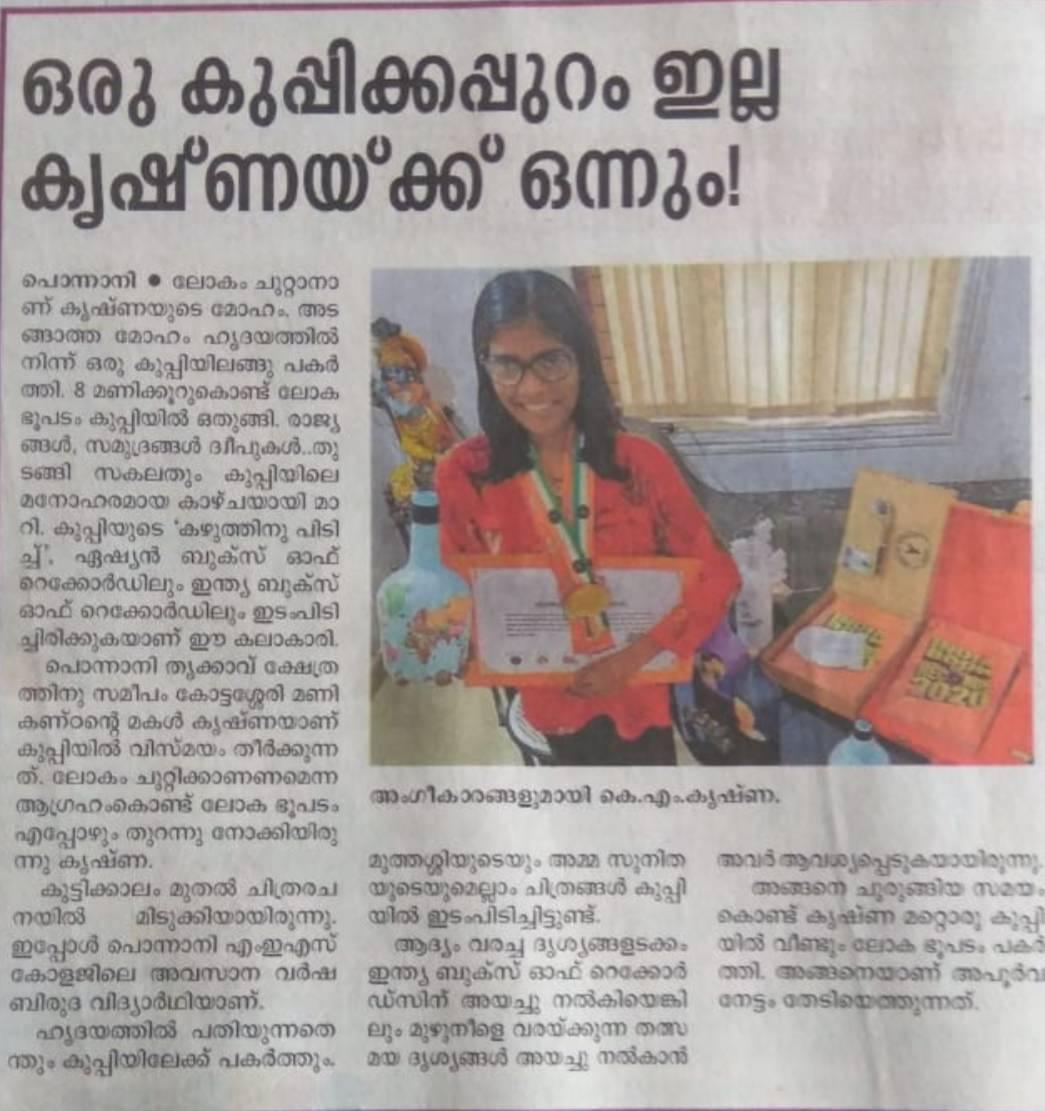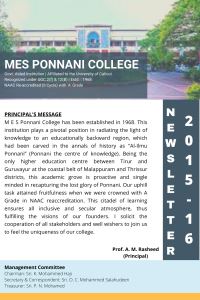Programme Offered
Under Graduate Programmes
B. Sc. Zoology Honours
Latest Event Updates
About Us
The Department of Zoology is one of the oldest departments in MES Ponnani College, established in 1968. It was initially recognized as Department of Biology with pre degree courses. Undergraduate course in Zoology was started in the year 1982. Learning zoology is important because, the study of animals and communities, provides insight in to ‘how life’ works and consequently ‘we work’. Zoology makes a huge impact on our world through the scientific study of the evolution, anatomy, physiology, behavior, habitats and health of animals and human beings. As a department engaged in the ‘life science’, great importance is placed on instilling in the students a deep understanding and appreciation of nature and the need for its preservation and conservation. Every year they are taken on a study to tour to places/institutions of scientific importance with a view to improving their scientific/research aptitude and skills. Students take project work related to pests, pesticides, survey of scientific matters, collection of organisms etc. Students receive a thorough grounding in general zoology, exploring the diversity of animal form and
function, and the evolution and ecology of the major animal groups and consider applied aspects such as Apiculture, Sericulture , Applied Entomology, dairy science, poultry, aquaculture, parasitology etc. Zoology department conducts seminars, workshops, science exhibitions, blood grouping, etc. in connection with student- oriented scientific activities. Students actively participate in various extra-curricular activities. Students are interested and involved in the social and environmental matters of their communities too. Currently the Department offers UG programme B.Sc Zoology with an intake of 49 students per batch.
Vision
The department envisages fostering critical thinking and learning process that cut across various disciplines of biological sciences nurturing care for nature and its inherent values towards sustainable future.
Mission
- To develop scientific outlook and general intellectual advancement in addition to academic instruction.
- To create human resources who are well aware of nature, its fauna and flora.
- To mould the youth to develop competency to teach the future generation of the nation on the environment, its physical, chemical and biological resources and its proper utilization.

